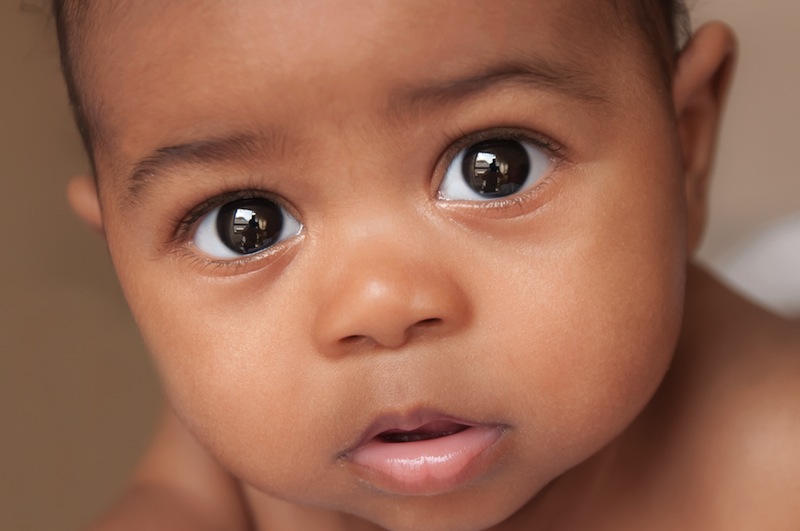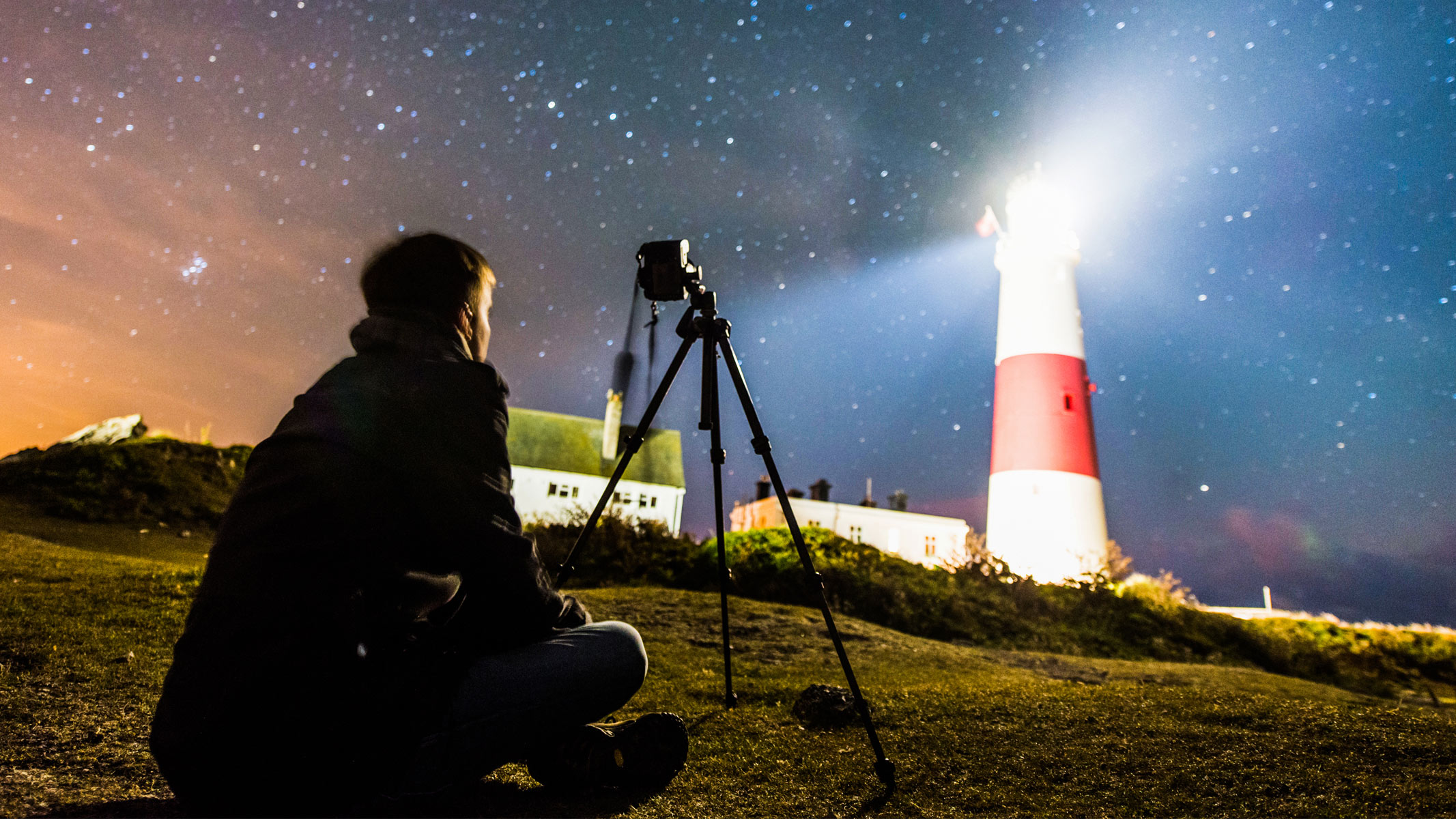
UK Government Backs 3-Parent IVF

Get the world’s most fascinating discoveries delivered straight to your inbox.
You are now subscribed
Your newsletter sign-up was successful
Want to add more newsletters?

Delivered Daily
Daily Newsletter
Sign up for the latest discoveries, groundbreaking research and fascinating breakthroughs that impact you and the wider world direct to your inbox.

Once a week
Life's Little Mysteries
Feed your curiosity with an exclusive mystery every week, solved with science and delivered direct to your inbox before it's seen anywhere else.

Once a week
How It Works
Sign up to our free science & technology newsletter for your weekly fix of fascinating articles, quick quizzes, amazing images, and more

Delivered daily
Space.com Newsletter
Breaking space news, the latest updates on rocket launches, skywatching events and more!

Once a month
Watch This Space
Sign up to our monthly entertainment newsletter to keep up with all our coverage of the latest sci-fi and space movies, tv shows, games and books.

Once a week
Night Sky This Week
Discover this week's must-see night sky events, moon phases, and stunning astrophotos. Sign up for our skywatching newsletter and explore the universe with us!
Join the club
Get full access to premium articles, exclusive features and a growing list of member rewards.
The United Kingdom plans to allow a controversial new form of in vitro fertilization (IVF) that would lead to the creation of babies with DNA from three parents.
Advocates of the technique say it could eliminate some cases of life-threatening diseases caused by defective DNA. But critics think it's a slippery slope toward genetic modification resulting in the creation of "designer" babies.
One in 6,500 babies have defective mitochondria (the energy-production centers inside cells), which can cause muscle weakness, blindness, heart problems and even death. Because mitochondria have their own DNA separate from the cell's genome, researchers can take the mother's and father's DNA and put them in a cell with a third person's genetic material: healthy mitochondrial DNA from a donor.
Newcastle University in England is pioneering three-person IVF efforts, and the UK Parliament is expected to vote regulations for the technique in 2014. The UK would be the first country to approve the contested method, the BBC reports.
Get the world’s most fascinating discoveries delivered straight to your inbox.

 Live Science Plus
Live Science Plus










